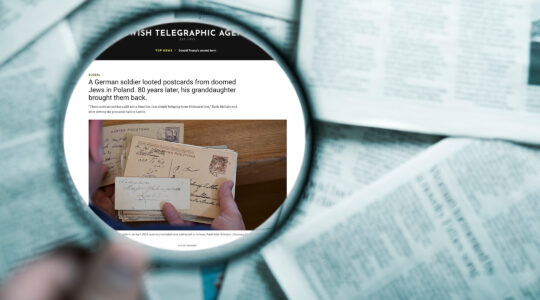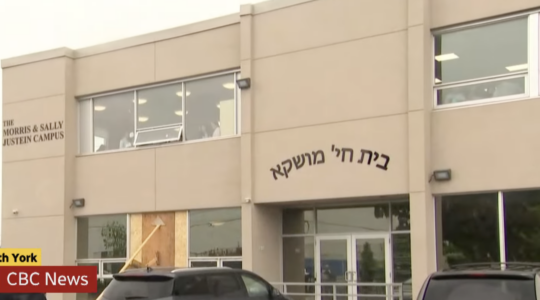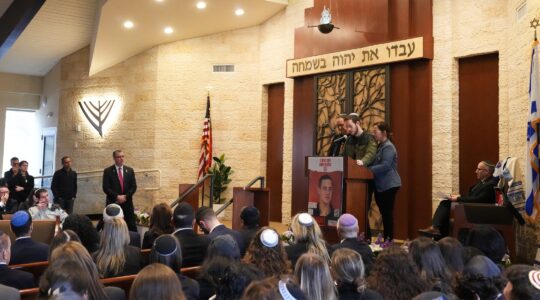A decisive battle in military history will be re-enacted in Israel.
On Oct. 31, the day 90 years ago when Australia’s Light Horse Regiment staged what is described as the last great cavalry charge in history, about 50 of the regiment’s descendants will parade through the streets of Beersheba – the place where the Australians and New Zealanders changed the course of World War I in the Holy Land.
Two days after the charge, on Nov. 2, 1917, Lord Arthur Balfour made what became known as the Balfour Declaration, which advocated Britain’s support for a Jewish state in Palestine.
Barry Rogers, one of the Australian cavalrymen living in Israel, told the daily Ha’aretz, “Our army suffered the heaviest losses and contributed a great deal to the war against the German enemy. We lost an entire generation in those battles, and that is why the battle of Beersheba has tremendous significance for us. It was a historically significant battle that ended in the declaration that led to the founding of the State of Israel.”
The 1917 victory over the Turks in Beersheba, which helped the British capture Palestine, is hailed in Australia as one of the greatest military victories in Australian history. It also helped forge what has become an increasingly strong nexus between the two countries.
Thirty-one of about 800 Australian horsemen were killed, while about 1,000 Turks were captured in the rout.
A park dedicated to the Australian soldiers who have fought in the Middle East is being established in Beersheba with the help of businessman and philanthropist Richard Pratt. It is scheduled to open next year.
JTA has documented Jewish history in real-time for over a century. Keep our journalism strong by joining us in supporting independent, award-winning reporting.





